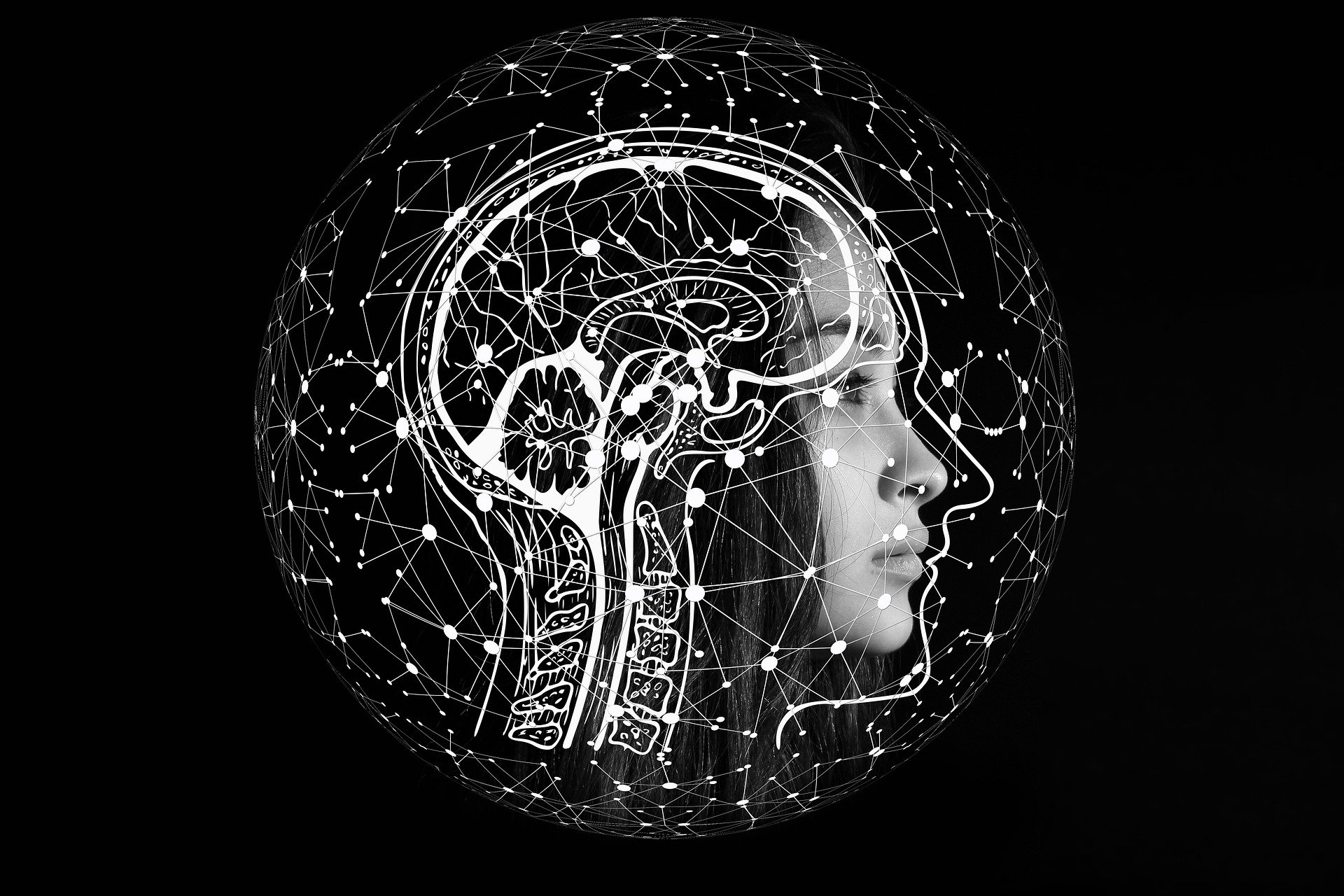What is emotional intelligence?
Welcome to the Wonderseed Foundation’s new blog! My name is Jonas Munson, and I’ll be posting each week to discuss topics surrounding psychology, mental health, trauma, and emotional intelligence. I hold a B.A. in psychology from UCLA, and every day I learn how mental processes influence our thoughts, actions, and sense of self. I’m so glad you’ve decided to join me, and I can’t wait to get started. For my first post, I’m taking a stab at an essential, but often misunderstood, aspect of human psychology: Emotional Intelligence.
Emotional intelligence, or EQ, is the ability to recognize and monitor both your own emotions and those of others. EQ can further be broken down into 3 key sub-categories. First, EQ can be described as a sensitivity to our internal states, the capacity to identify feelings within the brain and body, see them for what they are. Secondly, EQ is the regulation of these feelings, the transformation of negative emotions to productive energy. Finally, EQ is an empathetic connection, a compassionate, thoughtful way of responding to the emotional reactions of others.
While the term was coined years earlier, emotional Intelligence first entered the public consciousness in 1995 with the release of Daniel Goleman’s bestselling book Emotional Intelligence. Goleman broke down EQ into five key aspects: self-awareness, self-regulation, motivation, empathy, and social skills.
The first three aspects of EQ describe the management of one’s own emotions. Let’s begin with self-awareness, which is defined as the ability to recognize and understand your emotions as they come up. On the other hand, self-regulation is the ability to experience emotion without letting it unconsciously dictate your words or actions. Finally, motivation means working consistently towards your goals while retaining a positive mindset.
The final two aspects in Goleman’s list describe how an emotionally intelligent individual interacts with others using empathy and strong social skills. Empathy is the ability to put yourself in another’s shoes and see beyond the face value of someone else’s words and actions, while social skills are defined as communicating effectively and positively with others, as well as the ability to resolve conflicts when they arise.
The most important aspect of emotional intelligence is that it can be learned. Anyone can become more in tune with their emotional states and develop techniques to interact with others more effectively. Stay tuned for future posts detailing how you can improve your EQ every day!
Emotional intelligence, or EQ, is the ability to recognize and monitor both your own emotions and those of others. EQ can further be broken down into 3 key sub-categories. First, EQ can be described as a sensitivity to our internal states, the capacity to identify feelings within the brain and body, see them for what they are. Secondly, EQ is the regulation of these feelings, the transformation of negative emotions to productive energy. Finally, EQ is an empathetic connection, a compassionate, thoughtful way of responding to the emotional reactions of others.
While the term was coined years earlier, emotional Intelligence first entered the public consciousness in 1995 with the release of Daniel Goleman’s bestselling book Emotional Intelligence. Goleman broke down EQ into five key aspects: self-awareness, self-regulation, motivation, empathy, and social skills.
The first three aspects of EQ describe the management of one’s own emotions. Let’s begin with self-awareness, which is defined as the ability to recognize and understand your emotions as they come up. On the other hand, self-regulation is the ability to experience emotion without letting it unconsciously dictate your words or actions. Finally, motivation means working consistently towards your goals while retaining a positive mindset.
The final two aspects in Goleman’s list describe how an emotionally intelligent individual interacts with others using empathy and strong social skills. Empathy is the ability to put yourself in another’s shoes and see beyond the face value of someone else’s words and actions, while social skills are defined as communicating effectively and positively with others, as well as the ability to resolve conflicts when they arise.
The most important aspect of emotional intelligence is that it can be learned. Anyone can become more in tune with their emotional states and develop techniques to interact with others more effectively. Stay tuned for future posts detailing how you can improve your EQ every day!
Share








